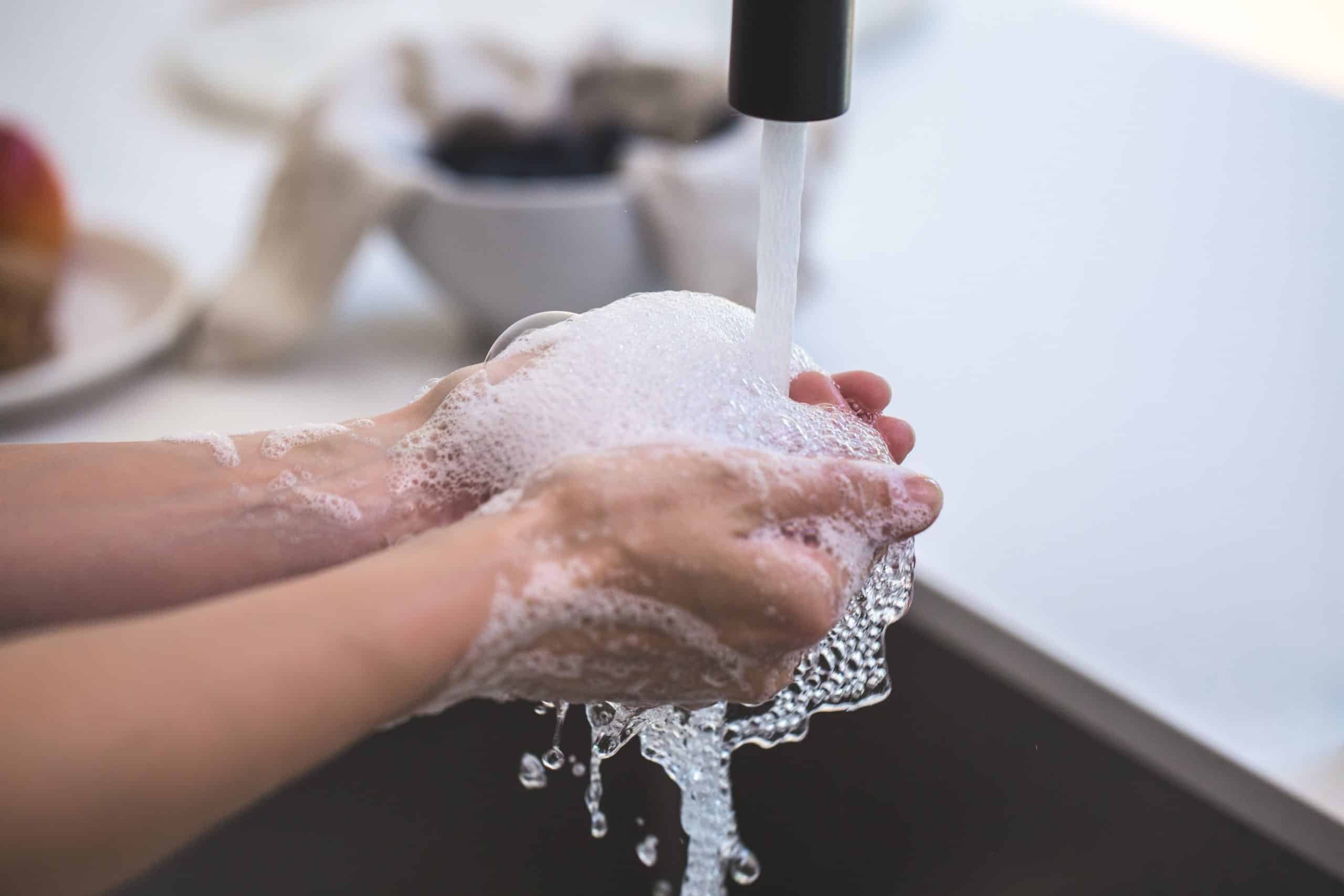Eliminate The Germs That Cause Infection And Disease When You Thoroughly Wash Your Hands With Soap And Water
Washing your hands has always been important, but it’s been emphasized lately. You may be wondering if your hands or those of your senior loved one are really that dirty. Pegasus home care specialists in Los Angeles and elsewhere know that germs, not dirt, are what make frequent handwashing necessary.
Obviously, you do need to wash your hands after handling something dirty. That includes daily chores such as taking out the trash. Gardening is a source of dirt that needs to be washed off.
If you are a family caregiver, wash carefully before and after assisting your loved one. Handwashing is important after feeding or caring for your pets. Wash thoroughly after handling raw foods, especially meat.
Germs Cause Infection And Disease
Handwashing is essential for getting rid of germs, regardless of your activity. Germs are the source of infection and disease. Your body can resist most germs, but others can be deadly.
Germs are classified as follows:
- Bacteria – some bacteria are beneficial, but others cause infections such as strep throat
- Fungi – fungi are the source of athlete’s foot and other skin conditions
- Helminths – tapeworms are an example of helminths
- Protozoans – protozoans are responsible for diseases like malaria
- Viruses – coronavirus is the virus that’s most in the news right now, but viruses cause a host of other diseases, including influenza
Because the world right now is in the midst of a virus-caused pandemic, this article focuses on defending yourself from viral infection. However, diligent handwashing will help protect you and your loved ones from all germs.
Viruses are parasites and cannot live unless they invade a host. Hosts are animals, bacteria, humans, and plants. Viruses enter their host with no concern about whether their presence kills the host.
The center of a virus contains nucleic acid, as either DNA or RNA, enclosed in a protein coat. Some have an additional layer of fat and proteins. The coronavirus has that extra layer of fat along with the protein “spikes” depicted in drawings of the virus.
Handwashing Destroys Viruses
When you wash your hands, the soap destroys the fat molecules protecting the virus. The scrubbing action breaks up the protein spikes and nucleic acid. The virus is no longer able to make you sick.
Germs, also called microbes, are spread in several ways. Many eventually settle on a surface. Some die immediately, and others survive.
Survival depends on the kind of germ, the surface, and the environment. Any surface you touch potentially transfers a microbe to your hand. You then transfer that germ to whatever you touch next.
Many people touch their faces hundreds of times a day without being aware of doing so. When they do so, any germs on their hands can invade through their eyes, mouth, and nose. If an individual is eating or drinking, the germs can contaminate the food, liquid, containers, or utensils.
Germs Are Everywhere
You probably are very careful around obvious sources of germs, such as bathrooms. But there are infinitely other surfaces on which germs can survive. These include, but are not limited to:
- Doorknobs
- Gas pumps
- Light switches
- Money
- Stairway rails
- Tabletops
- Touchscreens
- Toys
Any surface that can be touched by someone potentially harbors a microbe of some kind.
Unfortunately, a surface does not have to be physically touched by an infected person to contaminate it. Many microbes are airborne. This is especially true of viruses, and so far, seems to be the primary way COVID-19 is transmitted.
The airborne viruses travel in droplets when an infected person coughs, sneezes, or talks. The droplets can travel several feet. Health officials know that they can travel at least six feet but can travel further.
The droplets can land on you, be in the air you breathe, or drift to a surface. You don’t know who might be infected, and you don’t know what surfaces are contaminated. That’s why it’s crucial not to touch your face before you properly wash your hands.
Soap And Water Are Best
Ideal handwashing makes use of plain soap and water. Bar soap and liquid soaps are equally satisfactory. Antibacterial soaps are recommended only for healthcare providers.
Use water that’s a comfortable temperature. Water rinses away germs whether it’s hot or cold. Water without soap isn’t as effective, but it’s helpful if it’s all you have.
If neither soap nor clean water are available, use a hand sanitizer. Sanitizers must be at least 60 percent alcohol to kill microbes. Sanitizers won’t kill all germs, and they can’t remove all contaminants from your hands the way soap and water does.
Baby wipes do not kill germs and can’t replace handwashing. Disinfectant wipes are designed to kill germs on hard surfaces. The ingredients in them can harm your skin.
Pegasus is a licensed Home Care Organization and a Joint Commission Accredited Home Health Care organization. Our home care experts in Los Angeles and our other locations know the benefits of handwashing. Our services are customized to help you and your loved ones stay safe and healthy.

